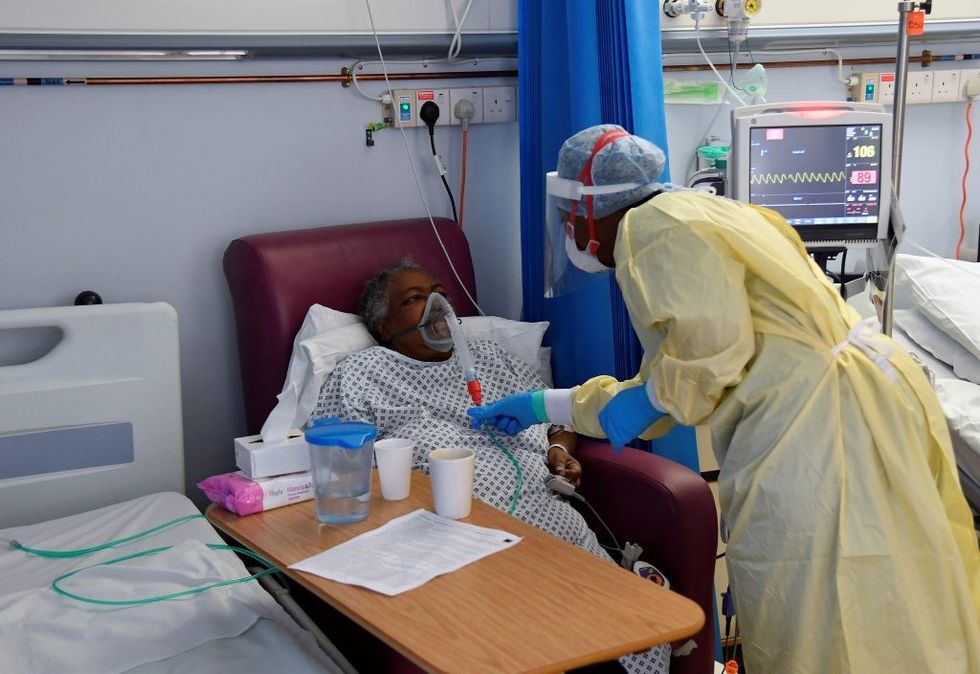The Covid-19 pandemic has undoubtedly given pharmacists a greater profile but they are still often not considered as an integral part of the NHS, writes Alison Jones…
Recently, the Department of Health and Social Care in England published a White Paper outlining reforms to support wider integration, reduce bureaucracy and provide better support for social care, the NHS and public health.
With a focus on collaboration and partnership, the government’s desire to turn the juggernaut that is the NHS towards a more joined up way of working, with itself as well as more broadly with other parts of the system is not new, and due to its size, complexity, and long-established systems, is also no mean feat.
The proposals mean that many of the so-called Lansley reforms of 2012 will be reversed, including giving the secretary of state new powers to bring the NHS in England back under more centralized government direction.
Changes to procurement and the removal of competition also mean that the provider landscape could potentially change, it will be important to ensure that this remains diverse and includes the voluntary and independent sectors to support innovation and address the wider determinants of health.
Almost a decade on from the last major reforms of this scale, and two years into the NHS Long Term Plan, it is important that the opportunity to think differently about the delivery and funding of care is not lost or overlooked when focussing on legislative change, as it is long overdue and fundamental to drive transformation.
While the White Paper is light on detail around the future of social care and public health, out with a few minor mentions, in the context of a post Covid-19 world with increasing health and social care needs of the population and the requirement for sustainability in public services, a better and more integrated way of working across all sectors is essential.
Delays in people seeking treatment for symptoms during the pandemic due to a reduction in access to services, long periods of isolation, and the postponement of elective and outpatient appointments in secondary care, will undoubtedly result in longer waiting lists and potentially an increase in the number of people with more complex conditions.

Pathways of treatment need to be developed which focus on people getting the right care, at the right time, in the right place. Developments in technology, diagnostics and skills mean that activities which would have been traditionally performed in one setting, such as a hospital could now be easily carried out in the community.
There is no denying that the health and social care system is working hard, but is it being enabled to work smart?
All areas of the system need to be understood and recognised in how they can and should play their part, based on their workforce capability, skills and expertise, their ‘place’ and opportunity to engage populations in public health. Reforms must not be just about hospitals and general practice, or a desire to take control without improving outcomes for patients and the public.
As the second highest NHS budget item at around 13.5 per cent, medicines are also the most common clinical intervention that is made. When medicines are used correctly, they can alleviate the symptoms of chronic conditions and can successfully treat acute conditions.
However, when they are not used correctly or are not managed properly, or if prescribed in the wrong combinations they can fail to alleviate symptoms or cure patients and, in some situations, they can cause harm placing an unnecessary burden upon the NHS.
There is now a need and an opportunity for the system to be dramatically improved so that much more attention can be paid to helping patients use and manage their medicines effectively and safely, as well as a greater focus on prevention and public health interventions.
For example, diabetes and hypertensive disease are conditions which have recently been shown to increase the risk of death from Covid-19 as highlighted in Public Health England’s paper; Disparities in the risk and outcomes of Covid-19.
Diabetes UK have also recently reported that there is growing evidence to suggest that Covid-19 might cause diabetes in some people or make the condition worse for others. However, further research is needed.
There are significant opportunities for the development of more formal collaboration between secondary care, primary care, public health and community pharmacy to better support patients manage their conditions and improve outcomes, as well as creating strategies to prevent people developing some of these diseases in the first place.
Working on the NHS frontline, the Covid-19 pandemic has undoubtedly given pharmacists a greater profile, however they are still often not considered as an integral part of the NHS. The triple aim described in the government’s paper of better health and wellbeing, better quality health services and sustainable use of resources are all areas where pharmacist’s contribution could be significant. They have unique skills which, when focussed on providing pharmaceutical care would be transformative in supporting the very integration that the government is striving for.
Fundamentally to get the system to work as one, true integration needs to be enabled by coherent incentives as well as adequate and appropriate funding flows, currently they often work counter-intuitively and drive unnecessary duplication and interprofessional tension. Communication is also vitally important to collaboration and shifts in information and data sharing must incorporate all parts of the system, including community pharmacy having read and write access to the full patient record to support multi-disciplinary working and an improved patient journey.
Pharmacists are pivotal in an integrated patient care pathway. The PDA’s ‘Wider Than Medicines Strategy’ was first published in 2018 and discussed changes to the community pharmacy skill mix towards a model where more pharmacists are independent prescribers and delivering an integrated pharmaceutical care approach, as well as how the whole pharmacy system could be enabled to support a programme which would benefit patients, healthcare professionals and ultimately, the taxpayer.
However, a plan for this transformative change is yet to be formulated by the NHS. The new White Paper could provide the opportunity to meet that challenge, if decision makers really want to have a health system that can cope with the foreseeable future.
Alison Jones is director of Stakeholder Engagement at the Pharmacists Defence Association.











